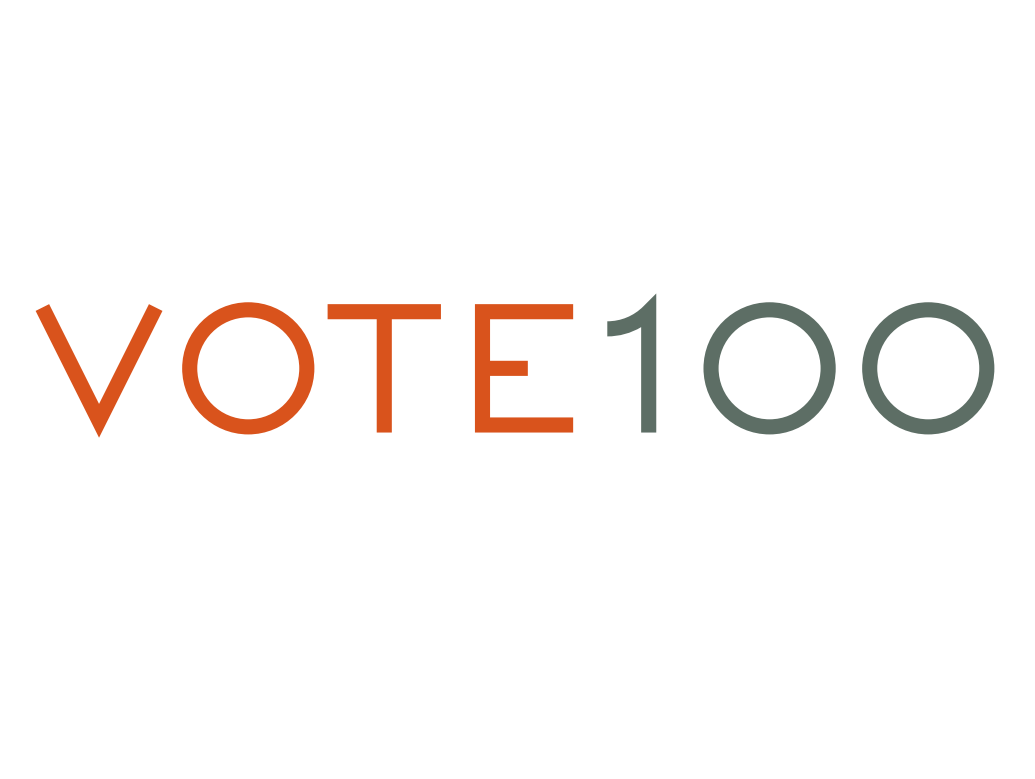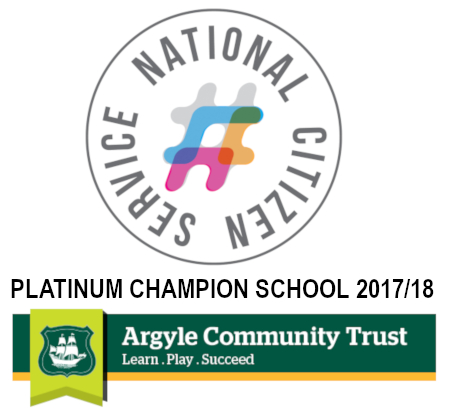Name of Head of Department
Miss L Matthews, BA (Hons) QTS
Statement of Intent
History at DHSG will provide students with a comprehensive understanding of purposefully selected historical events, cause and consequence, and resonance to the modern day in line with the National Curriculum.
The diversity of the content also acknowledges the narrative of marginalised groups, which challenges and provokes curiosity to be developed through debate. This is delivered in harness with the development of core history and historiographical skills centering on analysis, evaluation, interpretation, and significance.
We interleave the curriculum across the three key stages to provide students with a sound understanding of the world in which they live, carefully developed transferable skills which are monitored and delivered with intent by subject experts.
Curriculum Programmes of Study
|
Year |
Cycle | Content |
|---|---|---|
|
Year 7 |
Cycle 1 |
Mediaeval Britain |
|
Cycle 2 |
Tudor/Elizabethan Britain |
|
|
Cycle 3 |
Stuart Britain |
|
|
Year 8
|
Cycle 1 |
Victorian Britain |
|
Cycle 2 |
Empire and Enslavement |
|
|
Cycle 3 |
Modern World History |
|
|
Year 9 |
Cycle 1 |
Mediaeval Medicine |
|
Cycle 2 |
Enlightenment Medicine |
|
|
Cycle 3 |
Medicine on the Western Front Life and Government in England |
|
|
Year 10 |
Cycle 1 |
America 1920-73 – Divided Society |
|
Cycle 2 |
Post War America |
|
|
Cycle 3 |
Peace-Making |
|
|
Year 11 |
Cycle 1 |
The Origins and Outbreak of the Second World War |
|
Cycle 2 |
The League of Nations and International Peace |
|
|
Cycle 3 |
The Norman Church and Monasticism |
Lower Years Assessment Framework
Middle Years Exam and Specification Information
Students will follow the AQA GCSE course. The examination takes the form of two papers. AQA have designed a course that provides students with a breadth and depth of understanding of History.
Full details of the specification and assessment criteria can be found on the AQA website GCSE History Specification
Extra-curricular activities
Year 7 students spend a day at Buckfast Abbey Devon, exploring a number of cross-curricular themes.









